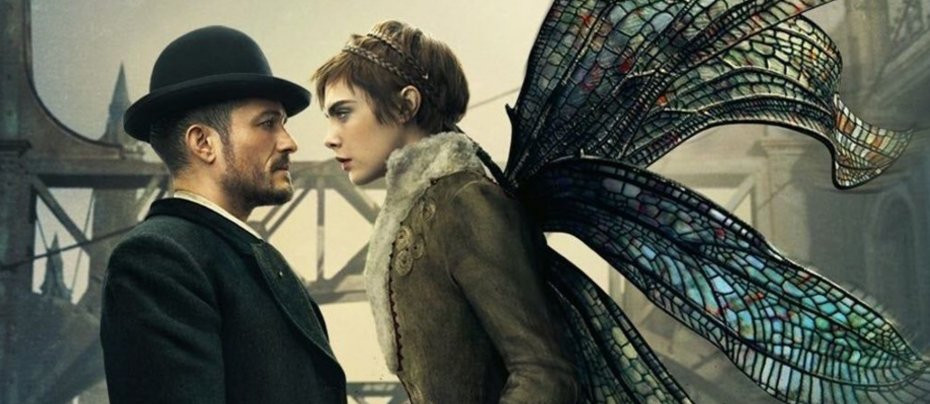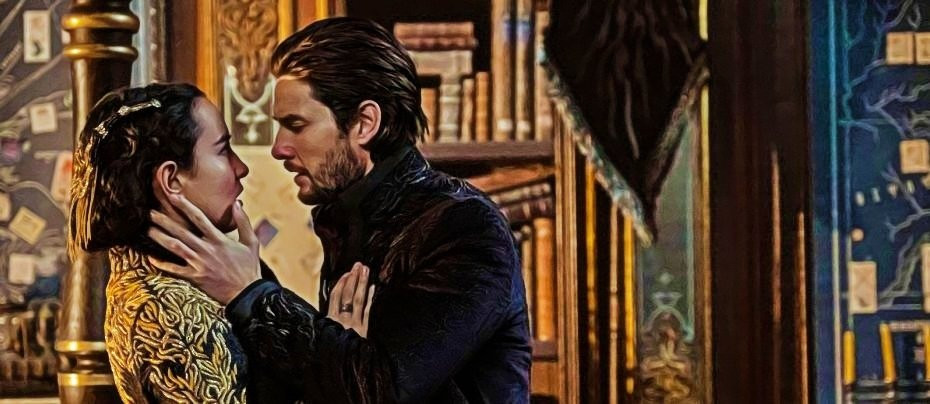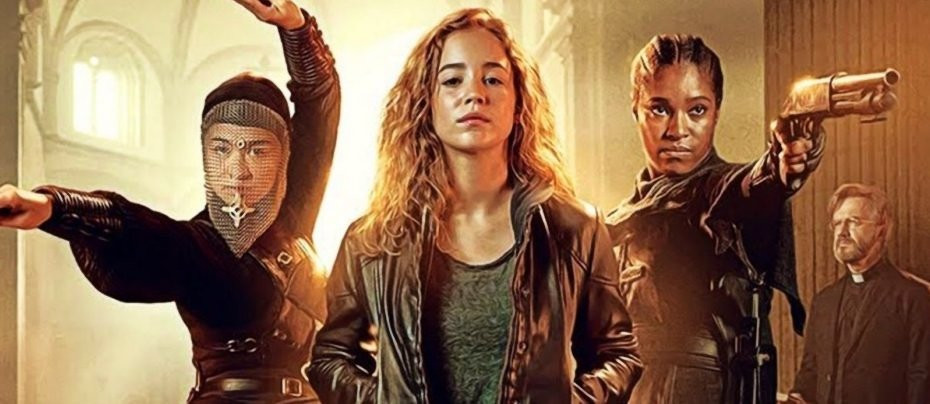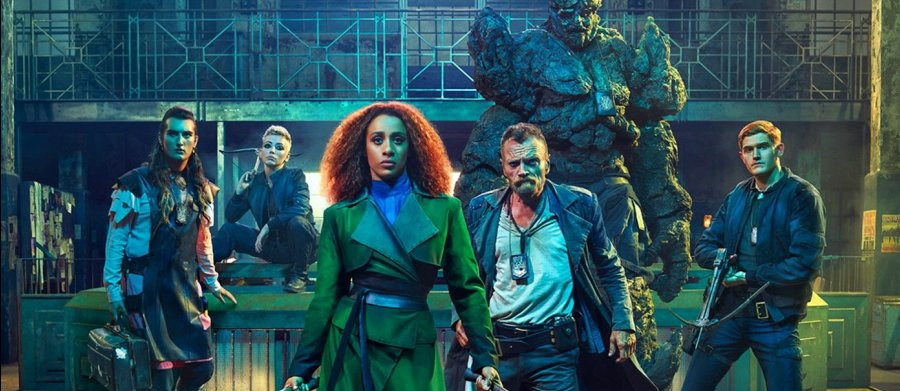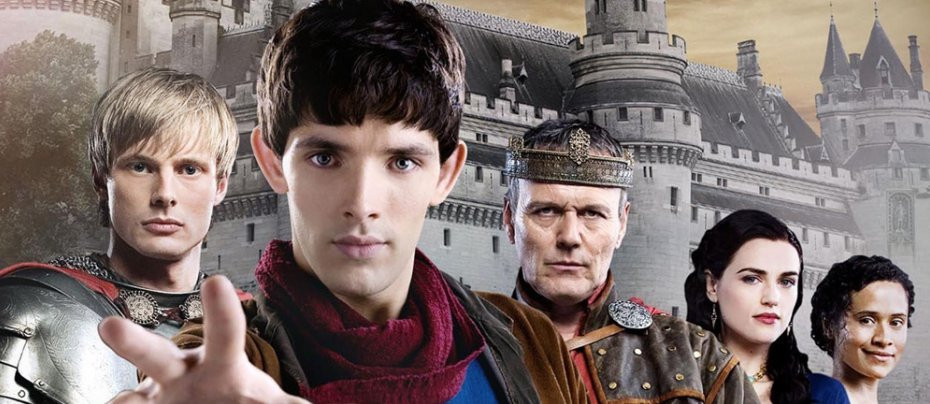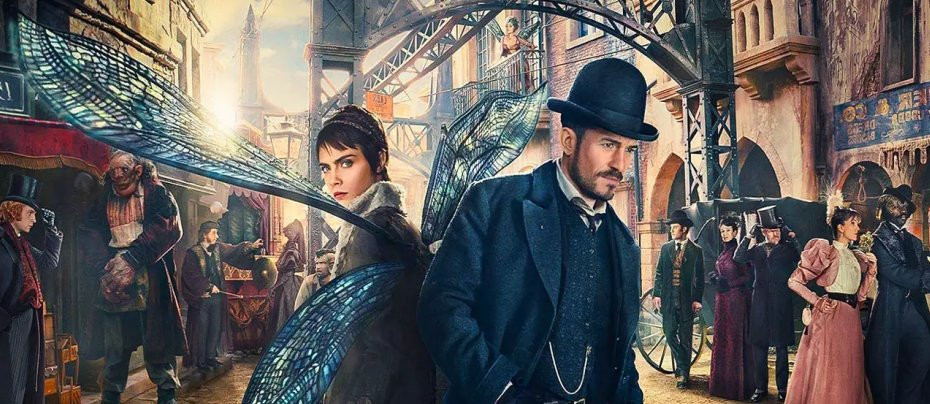
Carnival Row: Season Two
While the general standard of the performances remains high, the real reason to watch Carnival Row is its flamboyant visual style
Review: Carnival Row Season Two review by John Winterson Richards
This overview of the second and, sadly, last season of Amazon's steampunk fantasy Carnival Row is intended to be spoiler light but, as usual, familiarity with the previous season is rather taken for granted, and, while there are no explicit Season Two spoilers, the reader might be able to work some things out and it would be better to watch it first.
It is certainly recommended to serious fantasy lovers as worth the watching, even if it is not without its imperfections. In the process of writing this this review, certain phrases suggested themselves that seemed oddly familiar, and it was necessary to cross reference with the overview of another second and final season of a fantasy drama, the Netflix Warrior Nun, written only a few weeks before, in order to avoid excessive duplication.
Neither show was well marketed and neither made much impact on the wider public consciousness, despite Carnival Row evidently being conceived as more of a prestige project. Although the mainstream critics were a bit sniffy about both, the viewer appreciation scores for both were very high - a reversal of the recent trend in which mainstream critics give suspiciously high scores to expensive fantasy projects which fail to impress viewers. Both were therefore shows that attracted relatively few viewers but were enjoyed by those who did watch them. Carnival Row did not, however, develop the same "cult status" among a small number of dedicated fans as Warrior Nun or anything like the latter's campaign to save it.
One can understand that: Carnival Row is an entertaining show but hardly thought provoking or life changing. It is, nevertheless, by far the best of Amazon's costly incursions into fantasy, unquestionably superior to The Wheel of Time and The Lord of the Rings: the Rings of Power, both of which received a more flattering reception from mainstream reviewers and - not always in a good way - a great deal more public attention. Carnival Row was yet another recent fantasy show that was just there. It deserved a lot better.
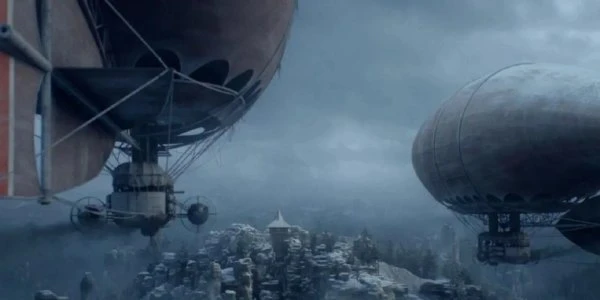
It is both a strength and a weakness that, most unusually among recent fantasy shows and films, Carnival Row is not based on an existing franchise. In spite of its origins as an unproduced screenplay, it is actually much better at "world building" than projects based on well established literary properties and video games. It has been forced to rely on imagination to cover its shallow roots, which also give it the advantage that there is no existing fan base to offend if the show does not accord with how the fans visualise the worlds in which they are already invested: that difference explains much of the negative fan reaction to The Wheel of Time and at least part of the fan disapproval of The Rings of Power. The great disadvantage, of course, is that there is no core market on which the show can rely from the start. This absence of a well organised network of fans was to prove fatal for Carnival Row.
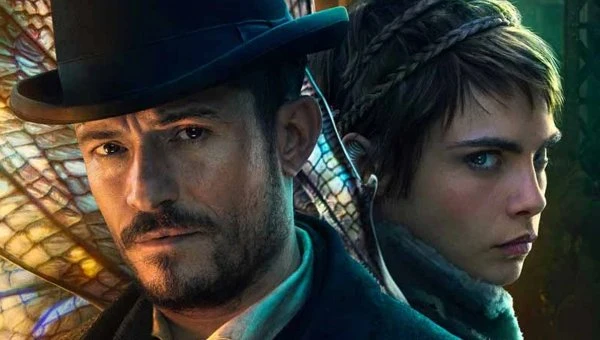
The three main plot strands pick up where they left off after the dramatic events at the end of Season One. Interspecies Romeo and Juliet Agreus Astrayon (David Gyasi) and Imogen Spurnrose (Tamzin Merchant) have eloped on his luxury yacht. Disgraced Police Inspector Rycroft Philostrate (Orlando Bloom) and his on/off girlfriend Vignette Stonemoss (Cara Delevingne) are confined to the Carnival Row district, which has been turned into a ghetto for immigrant species. The young new Chancellor Jonah Breakspear (Arty Froushan) is working secretly with the new Leader of the Opposition Sophie Longerbane (Caroline Ford) to control the Republic of the Burgue. Apart from anything else, you have to love the names in Carnival Row.

One important change is that where the Pact, the enemy of the Burgue, was kept deliberately mysterious in Season One, in Season Two it is revealed as an analogue of the Tsarist Russian Empire, the main late 19th Century rival of the British Empire, for which the Burgue is an analogue. This is no sooner made clear than the analogue Bolsheviks turn up, the New Dawn.
Since Leonora, the Lenin analogue, is played by Joanne Whalley, she is far more attractive than Vladimir Ilyich, and at least some of what she says seems quite reasonable, so at first we are not sure what we think of her. However, as with the historical Bolsheviks, it is not long before the New Dawn's true nature becomes undeniable.
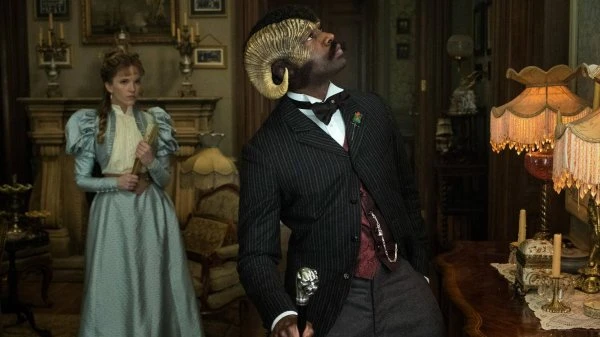
We are shown this from the perspective of Agreus and Imogen, whose pleasure cruise is interrupted very rudely by the New Dawn and who become its involuntary guests. There is a potentially fatal difference in how they respond to this. Agreus is left with no illusions almost from the start, but Imogen, still reacting against her restricted upbringing, likes the sound of some of the things that Leonora is saying about equality, and in particular about interspecies love.

At this point the viewer can see clearly what neither Agreus nor Imogen can see, that the lack of communication between them is very dangerous. Their love is genuine but still new and cautious. They are very different people from very different backgrounds and do not really understand each other yet. Agreus sees Imogen as a fragile creature who needs to be protected. He is right to the extent that she does indeed know little about the world and is very naive, but wrong in failing to correct this by being honest with her. He persists in the badly mistaken notions that he can hide the truth from her and that what she does not know cannot hurt her. In fact his trying to minimise her distress by telling lies makes them both unsafe and undermines the trust between them on which their survival depends.
At the same time we see another side to Agreus. In the first season, he was the self made man who had learned to hide his strong emotions behind a mask of reserved dignity. Now we see more of his vulnerabilities. He even shows fear - not only for himself but for Imogen, and possibly for their love as he thinks she sees the man whose strength attracted her is no longer in control. On top of all that is the agony of a man who worked hard all his life for that control having it suddenly taken away from him. Experience has taught him that he can buy freedom, a point he makes with weary cynicism, but what if that is no longer possible?
Gyasi gives what is undoubtedly the best performance of the season, possibly of the whole show, as a man proud of his strength just about holding everything together under enormous pressure. The scenes of this plotline are so gripping that it becomes almost an irritation when we cut back to the Burgue to check on our other principals.
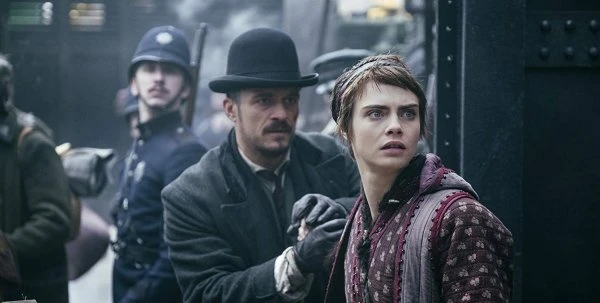
Philo and Vignette are simply not as compelling. Worse than that, they are not as likeable. They seem unable to make up their minds about anything, including each other. It is hard for the viewer to invest in a romance when even the participants do not seem that committed to it. Neither are they particularly intelligent, despite the script trying to reassure us that Philo is a good detective. In fairness it should be said that Bloom has developed quite impressively as an actor since his juvenile days and Delevingne projects an aggressive energy that explains her character's unpredictability quite well. Her Irish accent does begin to grate after a while: where Season One maintained an otherworldly ambiguity about her people, Season Two seems to have decided that they are definitely Irish, or perhaps Oirish.
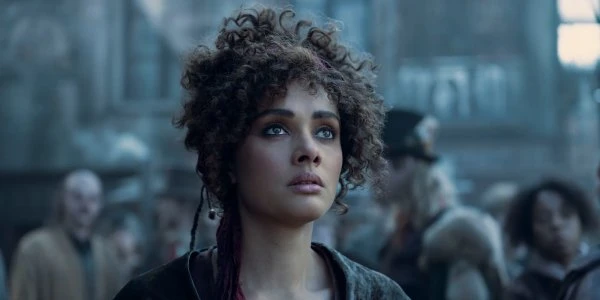
Perhaps the scriptwriters themselves realised that the Philo-Vignette romance did not provide sufficient spine even for their own part of the story, so they begin hinting at a secondary romance between two supporting characters, Philo's old army buddy turned werewolf Darius Sykes (Ariyon Bakare) and Vignette's best friend, poet turned prostitute Tourmaline Larou (Karla Crome). Poor Tourmaline starts having disturbingly supernatural episodes which seemed to be linked to the evil witch played by Alice Krige in Season One. Her reaction to this is a bit light headed but she is a hard character to dislike.
The Breakspear-Longerbane romance and political plot go nowhere, but the abrupt way they are suddenly dropped comes as a shock. The veteran Simon McBurney gamely takes up the slack as the Chancellor's unlikely chief adviser, but we somehow expect at least one more twist or revelation about him that never comes.
It is, however, brave and refreshing that the character of the racist Dombey (Jamie Harris) is explored in greater depth. We are given hints of why he is as he is and we get to see another side of him. He is even given the opportunity to prove he can be a better man.
While the general standard of the performances remains high, the real reason to watch Carnival Row is its flamboyant visual style. Of course it is mostly computer generated but it is all carried off with great flair and one soon finds oneself suspending disbelief very easily. A night chase sequence through the empty streets of the Burgue is particularly well done.

The mainly happy endings come across as a bit too easy and contrived, even it is pleasant to see most of the characters we have come to like end up in good places, or at least where they seem to belong. One suspects that news of the show's cancellation came through at a late stage in production and there was pressure to come up with a complete resolution at fairly short notice.
That cancellation surprised many. The first season had not set the world on fire but ratings were solid. It seems the long delay between the seasons due to coronavirus may have dented Amazon's confidence, but it also has to be said that Carnival Row was not cheap and Amazon needed the money for The Rings of Power. In the brutal terms of attracting subscribers, Amazon were right that the Tolkien franchise was the better investment, but once again it is regrettable that inferior recycling of a familiar brand name triumphed over real originality and imagination.
Published on April 5th, 2023. Written by John Winterson Richards for Television Heaven.


